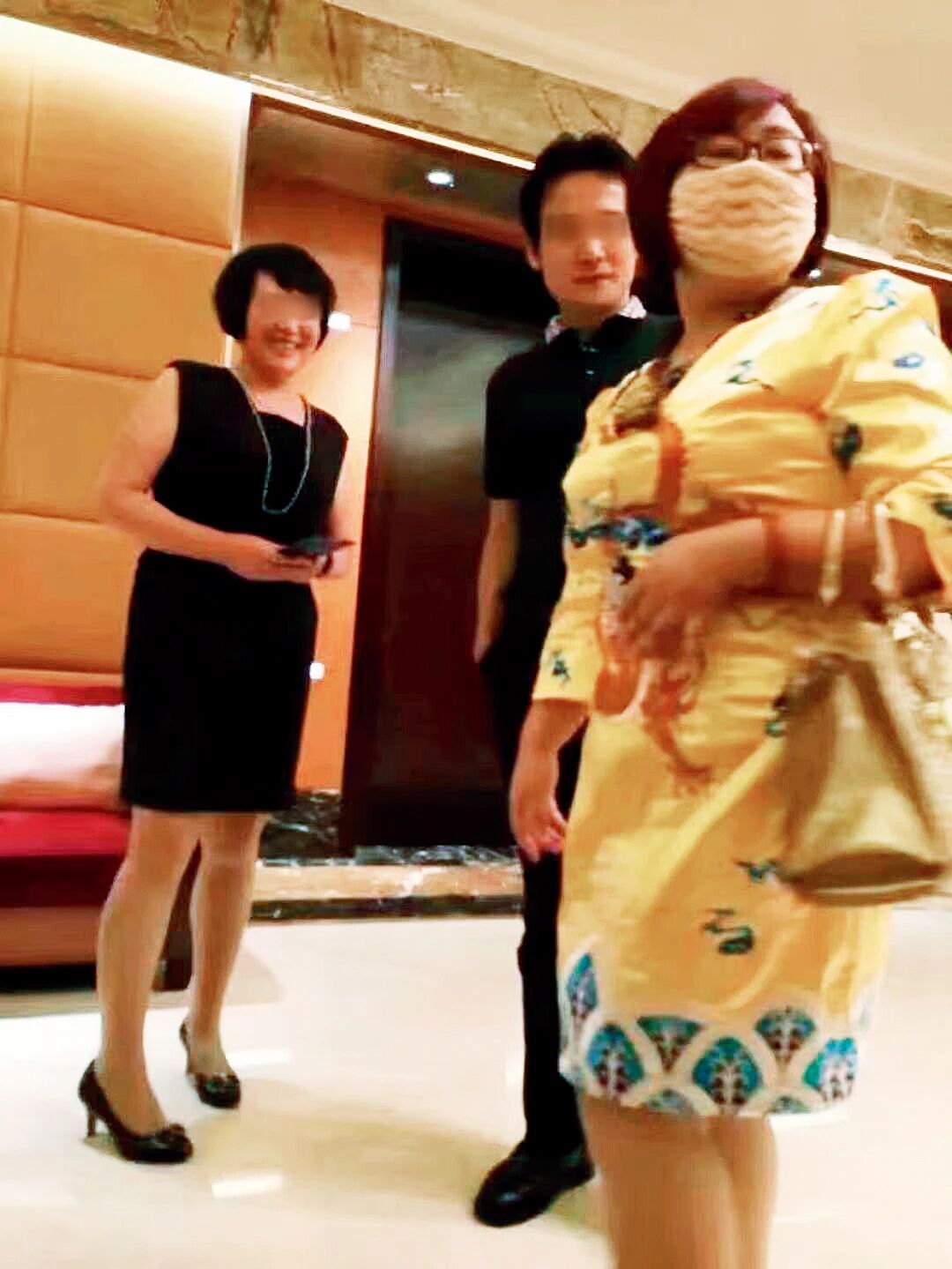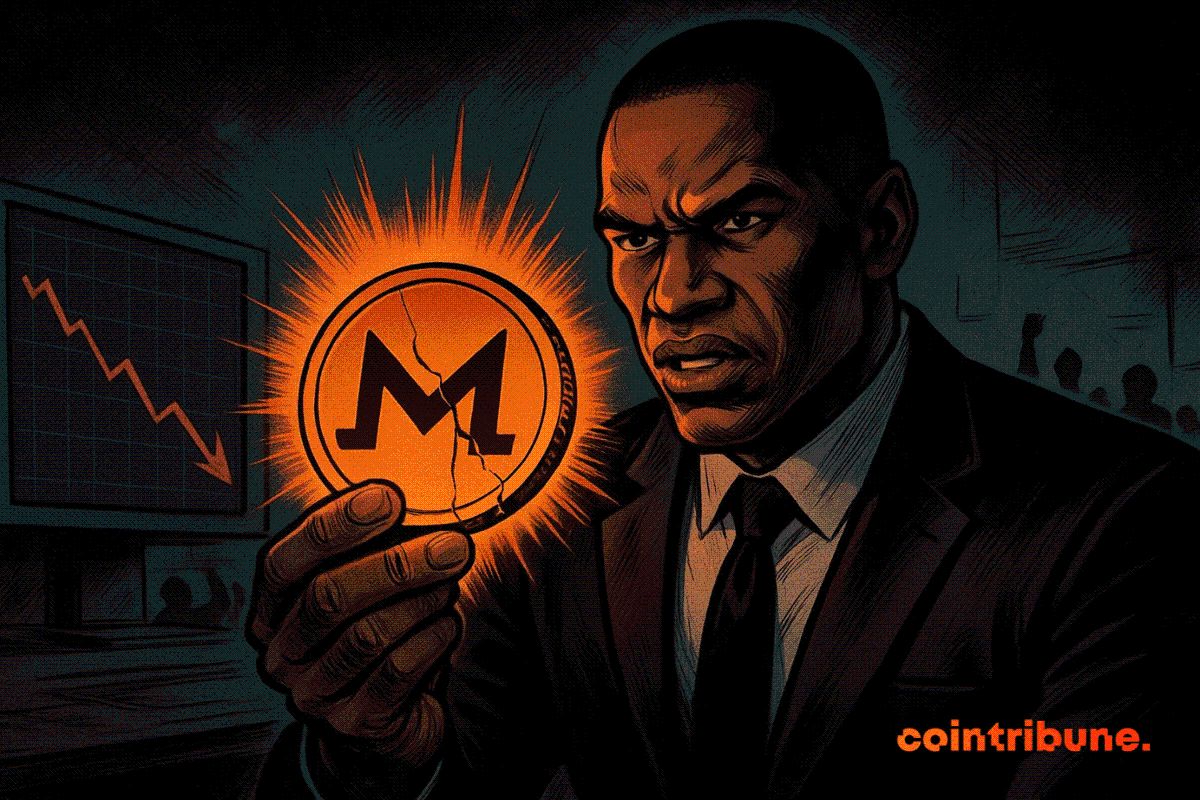The U.S government’s demand for Japan to import more American rice is the latest wrench stalling plans for the drawn-out trade negotiations.
According to a Saturday report by the Nikkei newspaper, the dispute was caused by a revised directive from President Donald Trump that included a commitment for Japan to boost imports of U.S. rice, despite an earlier understanding that agricultural tariffs would not be further reduced.
U.S.–Japan trade talks have stalled due to dispute over rice
Trade negotiations between the United States and Japan have hit a roadblock after the Trump administration pressed Tokyo to increase purchases of American rice.
The disagreement led Japan’s top tariff negotiator, Ryosei Akazawa, to abruptly cancel a planned trip to the United States this week. Chief Cabinet Secretary Yoshimasa Hayashi confirmed the cancellation on Thursday, citing “points that need to be discussed at the administrative level” as the reason.
Akazawa originally made the trip to finalize Japan’s obligations in the $550B investment package it agreed with the United States, involving government-backed loans and guarantees.
The precise contents of that package remain unclear, but Japanese officials have said they want an amended presidential executive order eliminating overlapping tariffs on Japanese goods before they sign off on a joint document outlining the investment details.
Trump administration’s push for increased rice imports
The Nikkei report, citing unnamed Japanese government officials, stated that Tokyo’s objections were rooted in concerns over sovereignty and domestic policy. One official criticized the American proposal as an “interference in domestic affairs.”
Trump’s demand contradicts a deal made in July, in which the White House said Japan would increase its imports of U.S. rice by 75%. Japanese Prime Minister Shigeru Ishiba acknowledged at the time that U.S. rice might gain a larger share of the Japanese market, but emphasized that the arrangement would occur within the existing tariff-free system and would “not sacrifice” Japan’s agricultural sector.
Agriculture is one sector that Japan has always considered off limits in past trade negotiations. Domestic rice farmers have historically enjoyed strong protection, and different administrations have avoided any concessions in that area, as it may undermine rural political support.
Opposition leader Yuichiro Tamaki of the Democratic Party for the People has jumped on the absence of a written agreement to lead the domestic criticism , questioning the government’s handling of the talks.
“Because there is no written agreement, we cannot confirm what the problem is,” Tamaki said in a statement on X. He also called on Prime Minister Ishiba to convene parliament and provide a full explanation of the trade deal’s status.
Tamaki further argued that any additional concessions on agriculture would require parliamentary approval. He also cited “heightened uncertainty” for Japan’s auto industry and its workers.



